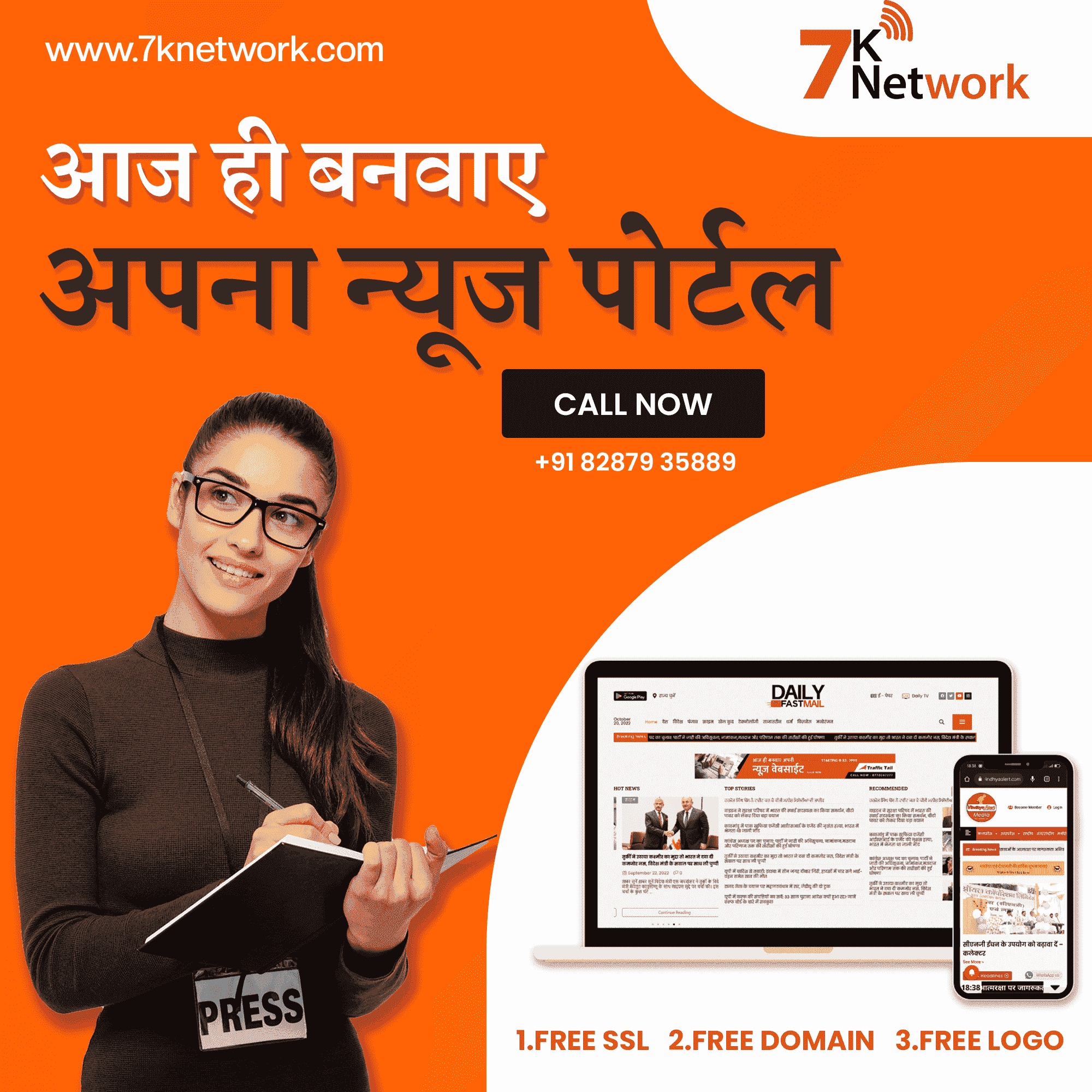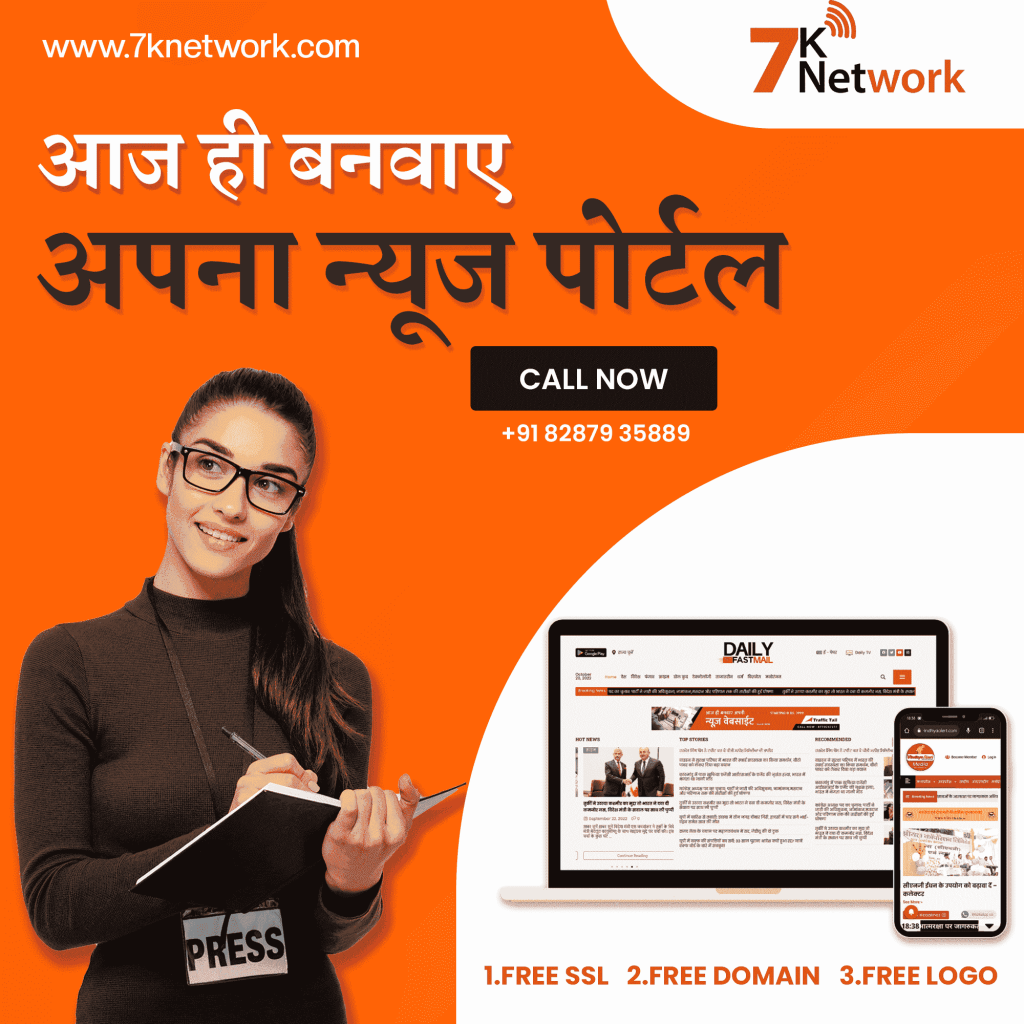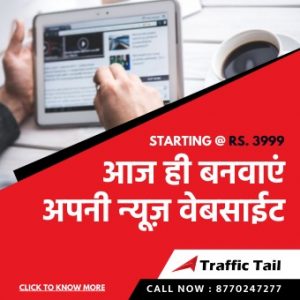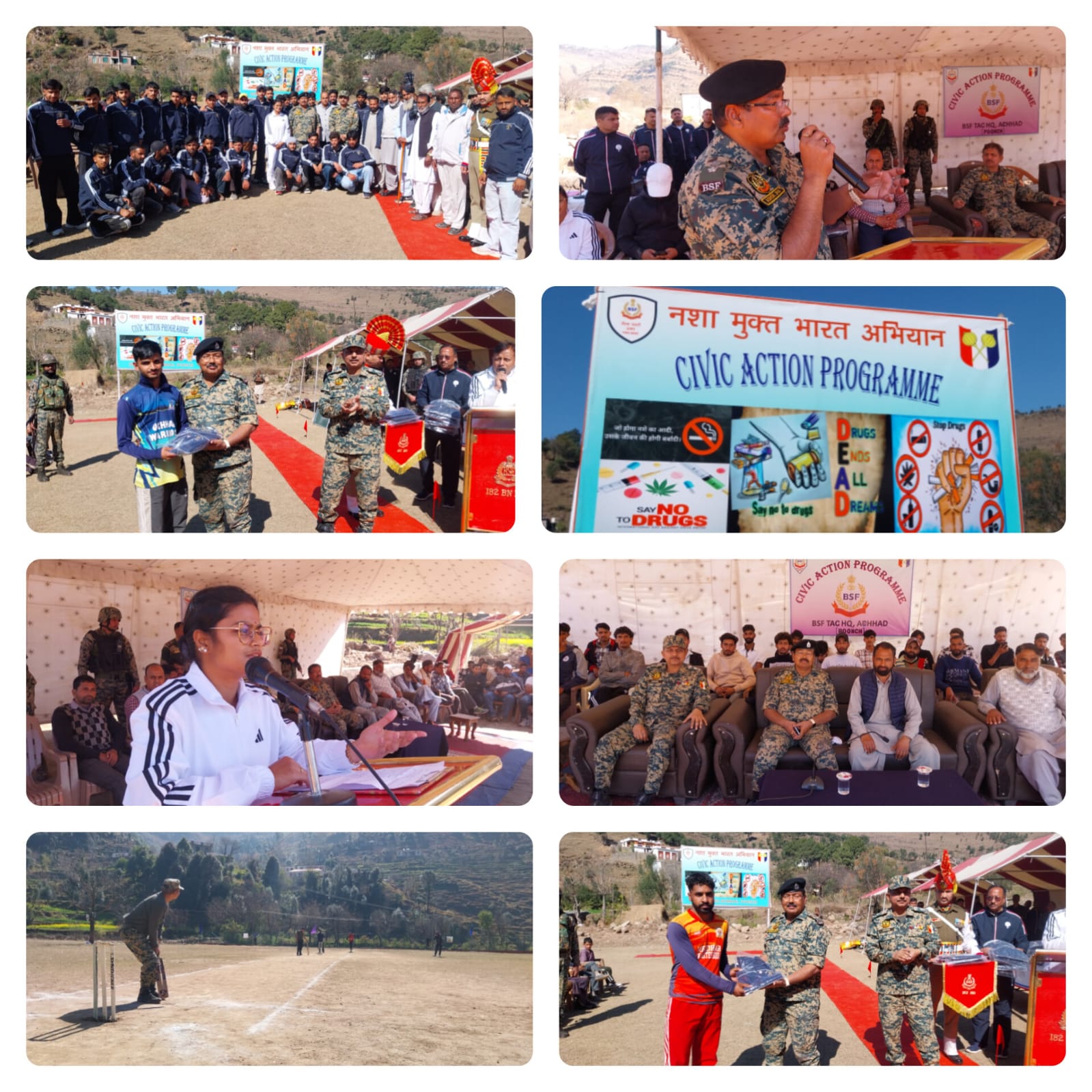GNS ONLINE NEWS PORTAL
SHAFQAT SHEIKH
CHENAB VALLEY DECEMBER 27:-
The Bunjwah region falls under the administrative purview of the Inderwal Assembly segment within Kishtwar district, lying approximately 70km from its district headquarters, and has been designated as the Tehsil headquarters after the establishment of newly created administrative units in 2014. Notwithstanding the advancements of the modern era and the 21st century, the region continues to be consistently overlooked by the Government and political representatives.
Who is accountable and who will advocate for the underprivileged? That may seem unusual, but it is indeed true that despite being deemed the modern age of science and technology or the early man age, Bunjwah residents are still awaiting basic amenities.
Ashiq Wani, hailing from Bunjwah, expressed his dismay at the abysmal living conditions of disadvantaged and oppressed masses in this modern era, who are persistently deprived of their basic rights. Ashiq Wani stated that the entire region, falling under the purview of the Kishtwar district’s 48 Inderwal Assembly segment, boasts a unique status and natural attractions yet has been consistently neglected by the Government since Independence as a result of elected representatives’ failure to address the region’s concerns.
Bunjwah residents brought to our attention the inadequate road connectivity in their area, resulting in the manual transport of patients and expectant mothers to the nearest Health and Wellness Center, PHC Nali, emphasizing the urgency of addressing this issue to ensure timely medical attention and basic human dignity.

The local administration is being questioned: What would be your emotional response if a pregnant family member went into labour while travelling to the hospital? Is humanity still an integral part of you? As the ruler of Jammu and Kashmir, how would you respond if one of your relatives faced a similar situation? How should you feel when a gynaecologist is unavailable to assist a pregnant woman in labour, resulting in a male doctor taking over?
Roads are widely regarded as the backbone of development. Regrettably, the Bunjwah region has been awaiting the completion of the historic Dunadi Bunjwah road for decades, as construction commenced several decades ago but remains incomplete due to the failure of concerned agencies. Furthermore, numerous villages and hamlets continue to dream of road connectivity, facing immense challenges during emergencies.
The educational system in Bunjwah is currently in a state of disarray, with Government Higher Secondary schools that were established decades ago facing significant challenges, including a shortage of qualified teaching staff, inadequate classrooms and playgrounds, and a lack of modern educational infrastructure. This has resulted in students who pass the class 12th examination being forced to pursue their studies elsewhere, as they are unable to afford the costs of renting accommodations outside of Bunjwah. Additionally, many schools in the area are struggling with inadequate infrastructure, including a lack of buildings, and the educational system in remote areas needs urgent reform.
Bunjwah continues to face a shortage of safe drinking water due to the Jal Shakti (Public Health Engineering) Department’s and other concerned departments’ failure to receive timely water bills from impoverished residents and install proper pipelines, compelling residents to rely on springs or Nallas for daily water needs, which raises concerns about the department’s performance. The Har Ghar Jal and Har Ghar Nal schemes have been unsuccessful in the Bunjwah area, where standards are ignored, and the completion of the project awaits the attention of technical experts.
The promise of Digital India seems to have fizzled out, leaving Bunjwah with a stark reality that can only be described as a choice between “Digital India or Stone Age”. Despite the Power Development Department (PDD) being awarded for achieving 100% electrification in Jammu and Kashmir a few years ago, the village of Bunjwah remains without adequate electricity. The PDD’s efforts have been limited to installing a few iron poles, while the electrification process remains incomplete. Additionally, the electricity grid station sanctioned in 2016 remains under construction, making it a distant dream for consumers to have access to a functional grid station. This issue has been repeatedly raised before the administration and construction agencies, raising questions about justice for the impoverished residents who continue to wait for electricity in their homes. Will the PDD take the necessary steps to provide better electrification to the village of Bunjwah?
This area is characterized by lush green forests, lofty mountains, meadows, and sand springs, complemented by notable tourist attractions that require urgent attention from concerned authorities to integrate them into the tourism map. Among these attractions, Devigoal stands out as a symbol of brotherhood, featuring a temple dedicated to Jawala Mata on one side and an Eid Gah on the other, where both communities conduct their religious ceremonies and prayers by their faith and traditions.
In addition to these challenges, the inhabitants of Bunjwah are still living in a manner akin to the early human era, despite the prevailing modern era of technology. It is crucial to highlight that since India’s independence, the said village has always been neglected and kept on the back burner by the administration and political representatives, who have never taken the initiative to reach out to the causes of the suffering poor.
{The author is a Freelance Writer and Columnist from Kishtwar, Jammu and Kashmir, and can be contacted at freelancershafqat@gmail.com or 09419974577}.














 Users Today : 351
Users Today : 351 Users Yesterday : 165
Users Yesterday : 165